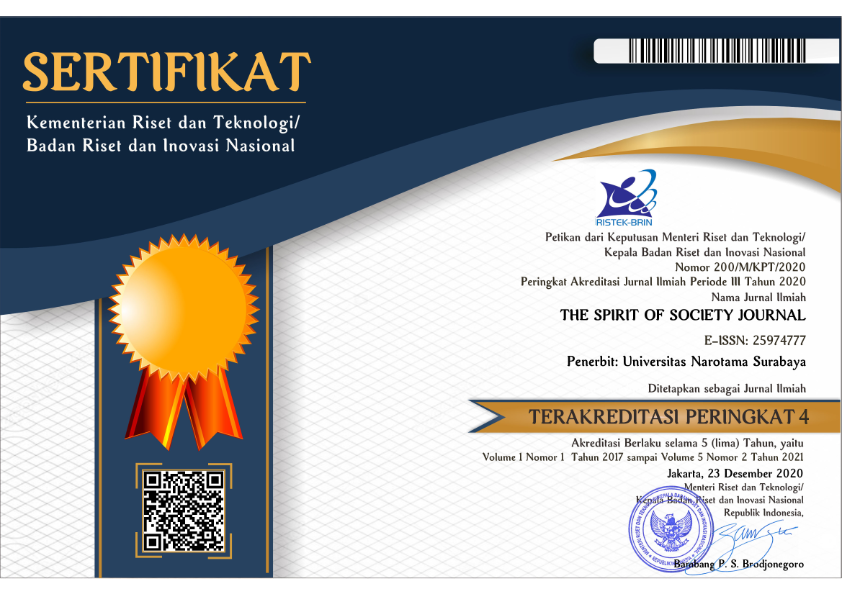How effective have measures by Central Banks been in mitigating the impact of financial crisis
Abstract
During the global financial crisis, central banks around the globe implemented a series of unconventional monetary policy measures such as quantitative easing among others to avert the impact of financial crisis on financial system. There exist numerous studies on this area of interest, with each guided by a specific view of the problem and selectively chosen empirical observations with regard to the different developments. This paper reviewed literature to ascertain the effectiveness of conventional monetary policy measures and unconventional monetary measures used in mitigating the impact of the 2007/2008 global financial crisis, specifically by the major central banks including the Federal Reserve, European Central Bank and Bank of England. The study used systematic quantitative assessment technique (SQAT) to determine a high quality of papers that have been reviewed in the study. The result proved that conventional monetary policy measures are still potent to deliver their desired objectives but inadequate in times of acute crisis. Empirical evidences proved that central banks have not practically abandoned the core elements of their pre-crisis monetary policy. Through a complex form of strengthening and reassessment, they have instead complimented, extended and somewhat improved their measures to mitigate the impact of the financial crisis. An important lesson of the crisis is that there is opportunity to reinforce central banks with macro prudential supervision and regulation. This should be seen as complementary to the existing monetary policy measure in order to deliver the twin objectives of price and financial stability.
Downloads
Copyright (c) 2021 THE SPIRIT OF SOCIETY JOURNAL

This work is licensed under a Creative Commons Attribution-ShareAlike 4.0 International License.












